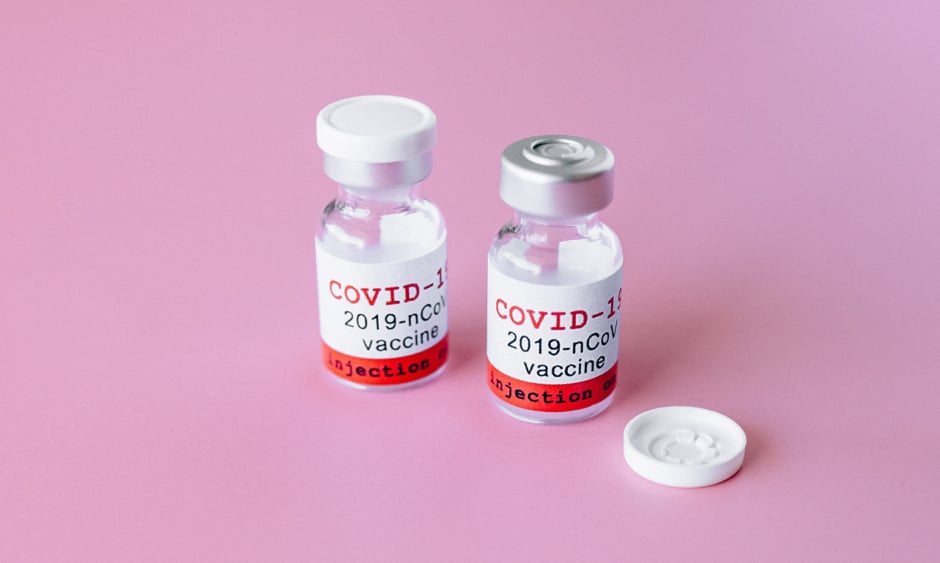BALANCING risk of adverse reactions against the protection of effective vaccination is a hotly debated topic in the current phase of the global response to the COVID-19 pandemic. Rare blood clot reactions have been of particular concern, and a recently published case report shares the first successful treatment of a vaccine-induced thrombosis reaction.
A defective immune response is the likely mechanism underpinning vaccine-induced thrombotic thrombocytopenia (VITT), where production of antibodies against thrombocytes leads to both thrombocytopenia and thrombosis. This combination can lead to clotting at unusual sites around the body, requiring immediate treatment as the mortality rate is very high (40–50%).
Prior to this published case study, management of VITT was based on empirical recommendations and in vitro understanding. Clinicians at the Department of Medicine I of MedUni Vienna and Vienna General Hospital, Austria, led by coagulation specialist Paul Knöbl, have shared their successful management of a female patient with vaccine-induced prothrombotic immune thrombocytopenia.
The 62-year-old female had received the ChAdOx1 nCoV-19 vaccine (AstraZeneca; Cambridge, UK) 9 days prior to presentation to the hospital emergency department with haematomas. Initial investigations revealed low platelet count, low fibrinogen, very high D dimer levels, and a clear positive result on ELISA assay for heparin-PF4 antibodies. The clinical team provided immediate treatment with high-dose intravenous Ig concentrates, cortisone, and anticoagulant therapy (danaparoid).
“In this case we were able to describe, for the first time, the efficacy of a potentially life-saving treatment strategy for vaccine-induced thrombosis,” says Knöbl. Rapid identification and rapid intervention were hallmarks of the successful treatment in this case, which also provides real-world evidence of the success of the recommended treatment. “This experience could be of great help in treating other patients with similar conditions.”







